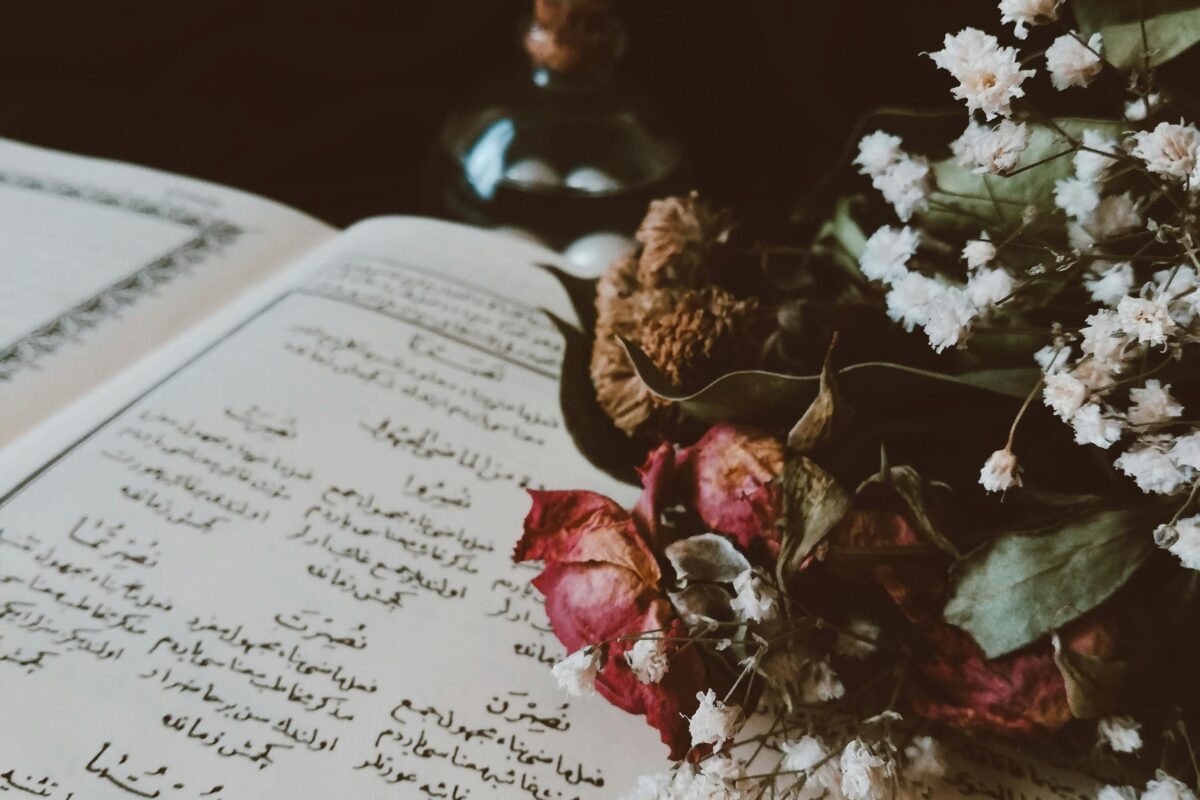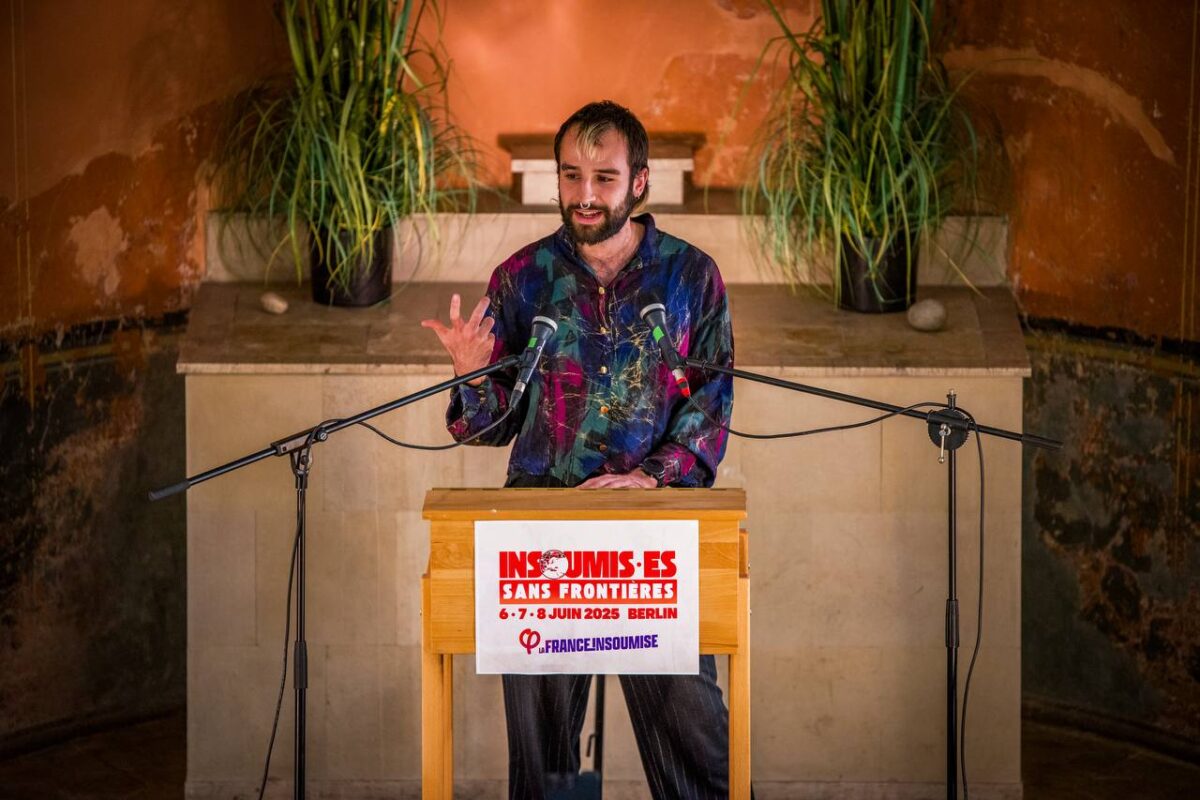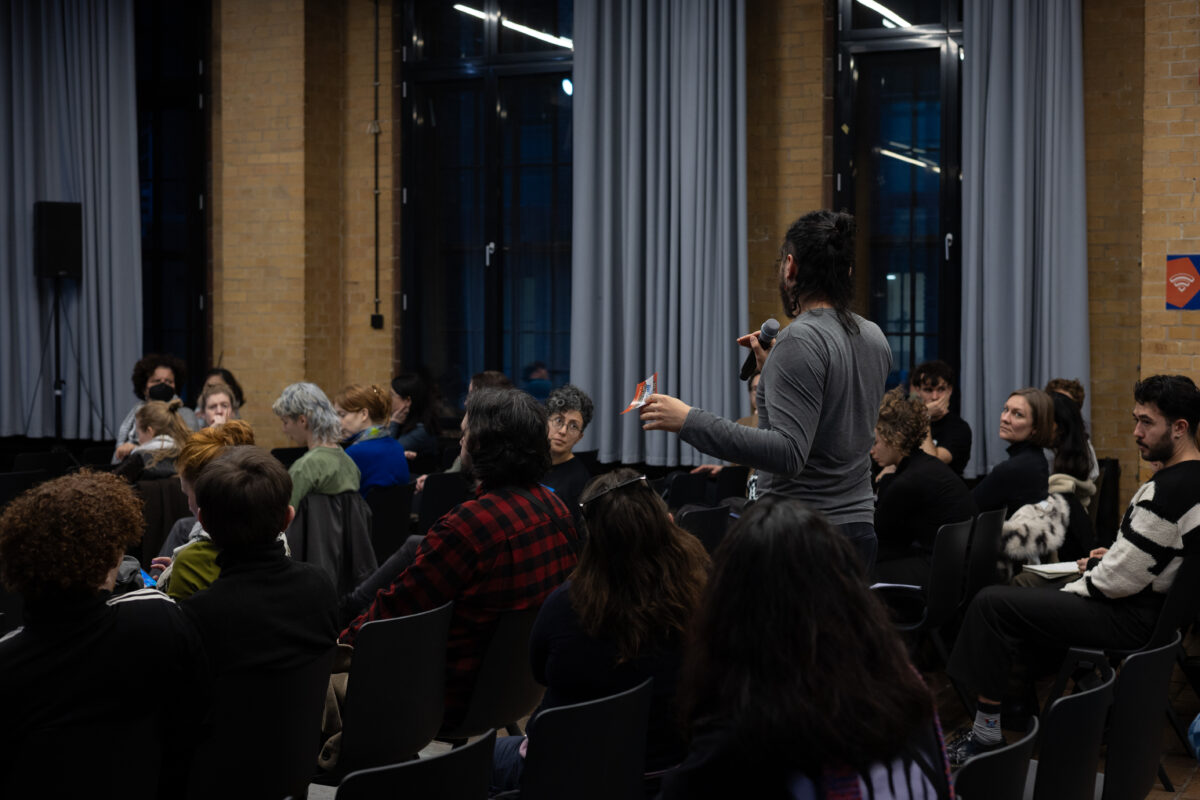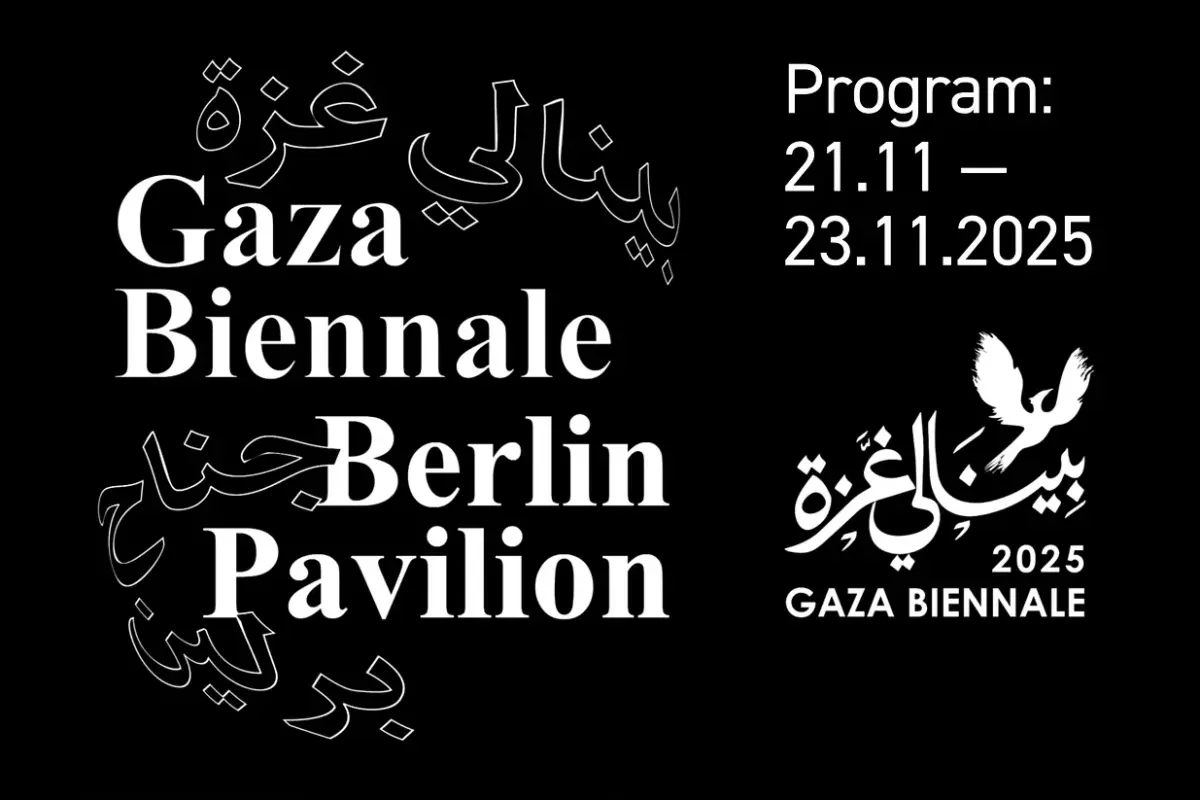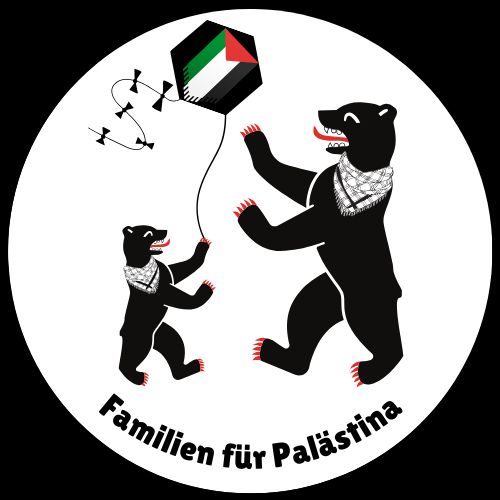The third instalment in our creative writing series—this time, poetry from Gaza’s voices.
Between two bullets
By the sea,
upon burning sands,
beside torn limbs
and the scent of death
before the first death,
and the final torment
I laid myself down to rest.
A weary rest,
a heart worn thin.
In my hands,
a lonely book,
a dry piece of bread,
an empty bottle of water,
and my tears.
I had forgotten love.
I remembered it
after the poem
I cast it into my heart
and fell asleep.
I awoke between two bullets.
Smoke. Fire.
The hiss of lead,
a mother’s wail,
and ululations.
Two martyrs
a father and a groom
laughing.
The sea wept.
So I wept.
Where are my old shoes?
The earth wounds my heart.
My feet smile.
Blood is an epic.
And I understood
the shoes weren’t stolen.
The ground here rejects them.
There are sacred remains
on sacred soil.
No shoes
I will run
When the war is over—
I will run.
I do not know where to.
Perhaps into the open arms of the city,
Or back to my long-lost solitude,
Or toward the sun,
I cannot say—
Only that I must arrive
At a place quiet enough
To let me cry.
I will run—
To a saint’s refuge,
Or the sanctum of lovers,
To a prayer mat and two bowed rak’ahs,
To my mother’s whispered prayers,
And my father’s steady shoulder.
I will run—
To unknown places:
The echo of the heavens,
A dim island,
The call to prayer,
Or church bells.
I will run
To wounded spaces
That honor the sanctity of tears.
I will run—
To funeral processions,
To martyrs’ graves,
To the weeping of widows
And children’s cries,
To the city turned to ash,
To leaning walls,
To carts of roaming vendors,
To the rose farms—now empty,
To the chipped vessels
And places soaked in sorrow.
I will run—
To the land of mourning,
And I will weep.
Weep—
Until I am full.
The supermarket
In the supermarket,
I heard someone beside me say,
“The war will end soon.”
He held his phone—
wedged between shoulder and ear—
while placing his chosen items into a basket.
He smiled.
I asked him,
“Will the war really end soon, as you believe?”
He left me there,
laughing like a madman.
When I asked the shopkeeper why,
he told me:
He comes here every day.
Buys the same biscuits—
his late daughter’s favorite—
and tells her the war will end.
He believes it will end.
He believes
she will come back.
Life in Gaza is a miracle
What you do without thinking
requires a miracle for us in Gaza.
As you browse a menu to choose your daily meal,
remember:
we spend long hours just to know
if we will eat at all.
When your food arrives within minutes,
remember:
it takes us endless hours to prepare a single meal
seasoned with smoke and dust.
We buy firewood by a miracle,
we light the fire by a miracle,
and we find bread by a miracle.
As you sip your sweet tea,
remember:
ours tastes bitter—
sugar has vanished from our city.
As you ride in comfort,
remember:
some of our wounded die waiting
for an ambulance that never comes.
As you prepare to make your sacrifice in a few days,
remember:
some in Gaza have already given
all their children.
As you retreat from the sun
into the cool of your air-conditioned room,
remember:
the sun sits with us
inside the tent.
And as you read these simple words,
remember:
we walked miles
so you could know our truth.
We ask only this:
that you respect our patience
or our anger
or even our exhaustion,
should we one day be too tired to speak.
We want to live with dignity,
or die with respect.
And never forget this:
Life in Gaza is a miracle.
Because we were left alone
with all this grief.
No one died
No one died,
only seventy thousand—and one thousand more.
Half of them from thirst,
the other half from hunger,
some were asleep—
except a thousand,
who died of speaking.
No one died,
only seventy thousand—and one thousand more.
Men and old men,
grandmothers and young girls,
the wealthy and the poor—
except a thousand,
who were killed by forgetting.
No one died,
only seventy thousand—and one thousand more.
A teacher, a doctor,
a candy seller,
and many women and children—
except a thousand,
who slipped quietly
through the evening news.

